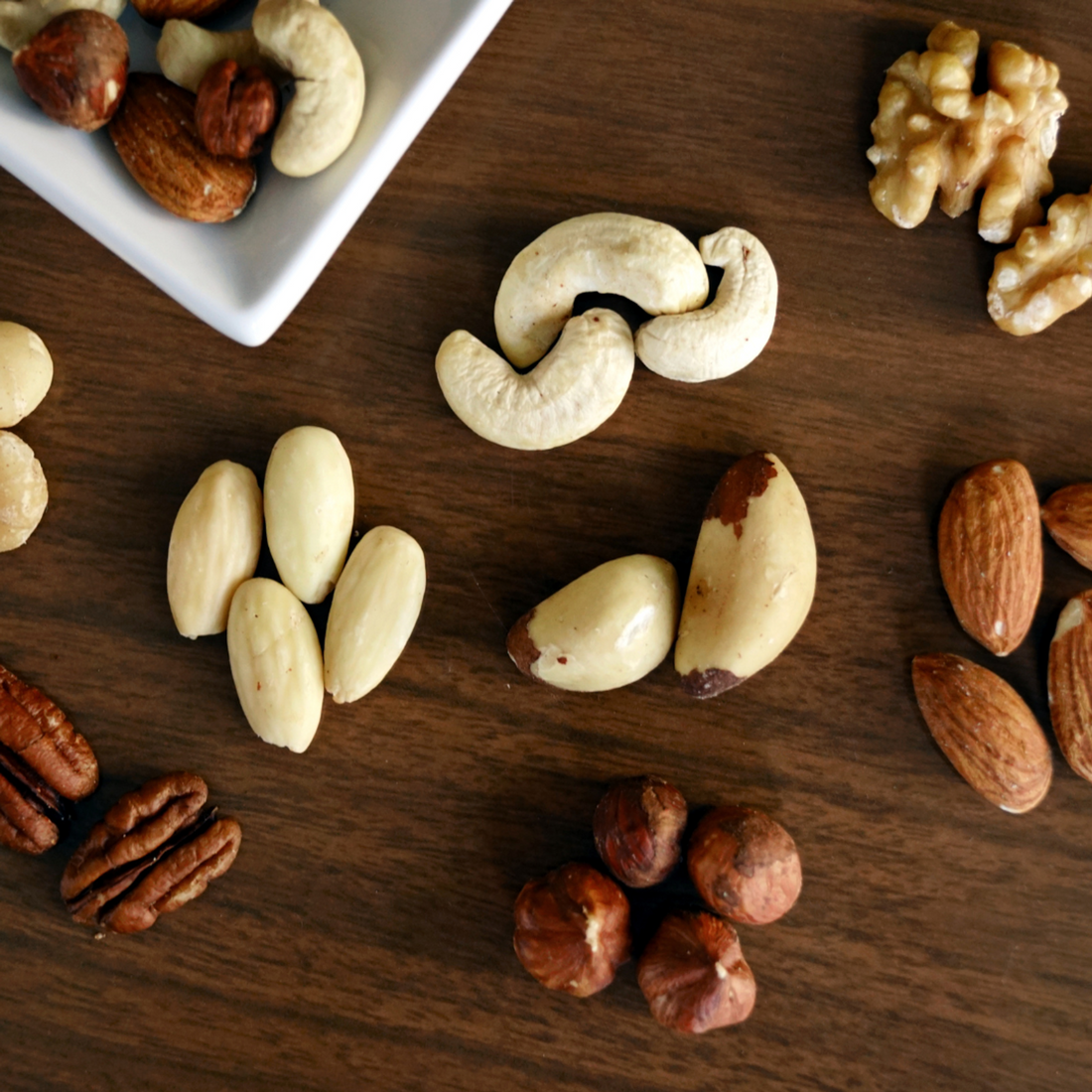In recent years, the world of milk has undergone a remarkable transformation. Gone are the days when cow's milk was the go-to choice for most people. Today, a growing number of individuals are turning to plant-based milk alternatives, often referred to as "plant milk," for various reasons. Whether you're lactose intolerant, vegan, health-conscious, or simply curious about exploring new flavors, there's a plant milk out there for you. But with so many options available, which plant milk is the best? In this guide, we'll delve into the world of plant milk, comparing popular choices and helping you find the perfect plant-based milk for your needs.
- Almond Milk
Taste: Almond milk is known for its mild, slightly nutty flavor. It's versatile and can be used in various recipes without overpowering other ingredients.
Nutritional Benefits: Almond milk is low in calories, making it a great choice for weight management. It's often fortified with vitamins and minerals, including calcium and vitamin D.
Texture: Almond milk tends to be thin and watery, similar to skim cow's milk.
Use Cases: Ideal for cereals, smoothies, and baking.
- Soy Milk
Taste: Soy milk has a neutral taste with a hint of sweetness. It's often compared to cow's milk in terms of flavor.
Nutritional Benefits: Soy milk is a complete protein source and is nutritionally comparable to cow's milk. It's rich in essential amino acids and calcium.
Texture: Soy milk has a creamy consistency, making it a good stand-in for whole cow's milk.
Use Cases: Suitable for coffee, lattes, and any recipe that requires a creamy texture.
- Oat Milk
Taste: Oat milk is naturally sweet and has a creamy consistency. It has a mild, oaty flavor that pairs well with various dishes.
Nutritional Benefits: Oat milk is high in fiber and often fortified with vitamins and minerals. It's an excellent choice for heart health and digestive well-being.
Texture: Creamy and thick, oat milk is perfect for creating lattes and adding body to smoothies.
Use Cases: Great for coffee, baking, and creamy soups.
- Coconut Milk
Taste: Coconut milk has a rich and tropical coconut flavor. It's a great choice if you love the taste of coconut.
Nutritional Benefits: Coconut milk is a source of medium-chain triglycerides (MCTs), which can provide quick energy. However, it's higher in saturated fat compared to other nut milks.
Texture: Coconut milk is thick and creamy, perfect for curries, desserts, and tropical-flavored recipes.
Use Cases: Ideal for curries, coconut-based desserts, and tropical beverages.
- Cashew Milk
Taste: Cashew milk has a creamy and slightly sweet flavor with a hint of nuttiness.
Nutritional Benefits: Cashew milk contains healthy monounsaturated fats and is often fortified with vitamins and minerals.
Texture: Its creamy consistency makes cashew milk suitable for creamy sauces, gravies, and desserts.
Use Cases: Excellent for savory dishes, creamy pasta sauces, and desserts like puddings.

Choosing the Best Plant Milk for You
The "best" plant milk ultimately depends on your taste preferences and dietary needs. Here are some factors to consider:
- Flavor Preference: If you prefer a mild and neutral taste, almond or soy milk might be your best choice. If you enjoy a naturally sweet flavor, oat milk is a great option. Coconut milk is perfect for those who love the taste of coconut.
- Nutritional Requirements: If you're looking for a protein-rich option, soy milk is the winner. Oat milk is great for fiber and heart health. For a lower-calorie option, almond milk is a suitable choice.
- Texture: Consider the texture you need for your recipes. Creamy recipes like lattes and creamy sauces may benefit from oat or soy milk, while thinner almond milk is perfect for smoothies and cereals.
- Special Dietary Needs: Some plant milks are more allergen-friendly than others. If you have nut allergies, soy or oat milk may be safer choices.
The "best" plant milk is subjective and depends on your personal preferences and dietary requirements. Each type of plant milk offers a unique flavor, texture, and set of nutritional benefits. Experiment with different plant milks to find the one that best complements your lifestyle and culinary adventures. Whether you choose almond, soy, oat, coconut, or cashew milk, you'll be joining the growing movement toward healthier and more sustainable plant-based milk options.If you're looking to have healthy, homemade plant milk without any additives or nasties at the push of a button, try out the Milky Plant machine.















